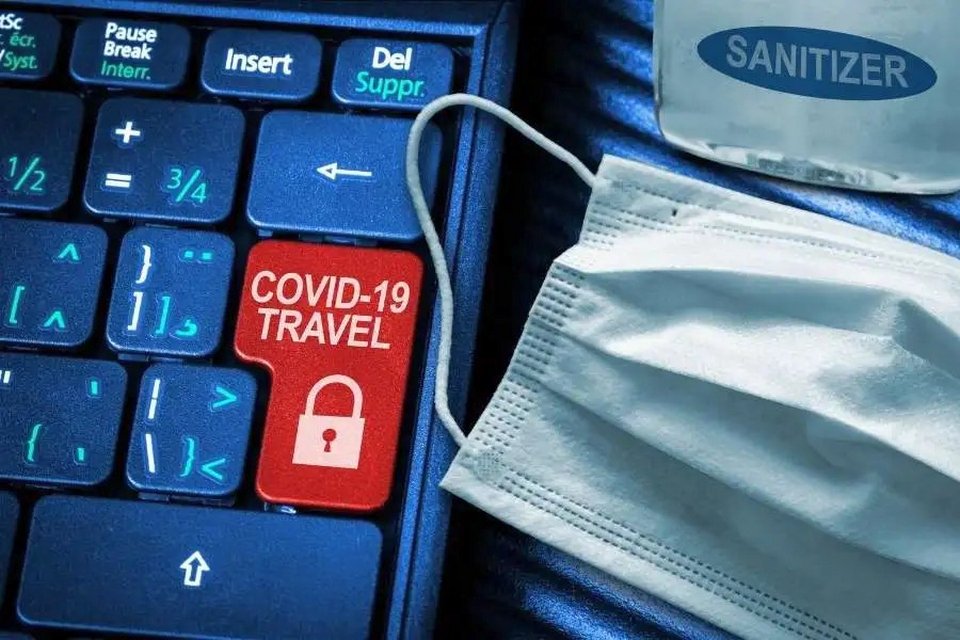
Starting in September 2022, anybody rich enough can have a Thai digital work permit automatically awarded by the Department of Employment. Under the 10-year Long Term Residence Visa (LTRV), high-potential foreigners including top-flight executives, serious investors, hi-tech innovators, ageing retirees and even the idle-rich are welcome. They are targets of the government’s program to entice affluent aliens to boost the post-covid economy. The definition of affluent varies according to the application category. Basically, if you think one million baht is a fortune, forget the idea. LTRV is managed by the cash-conscious Board of Investment and not by embassies or the immigration bureau.
Further employment attractions of the LTRV are that holders can work legally without the former requirement of a ratio of one foreign permit for four Thais in the company. High-flyers will benefit from a flat-rate income tax of 17% instead of the 35% charged on income greater than US$140,000, although they will still need to fill in an annual tax form. Narit Therdsteerasukdi, spokesman for the Board of Investment, explained that he expected most applicants to be people working in hi-tech industries such as electric vehicles, biotechnology and electronics. Some already have the four-year Smart visa, which doesn’t require a separate work permit and is clearly in direct competition with LTRV.

In recent years, the once-draconian Thai work permit rules – which once even cast doubt on whether painting your neighbor’s fence as a favour might be legal as it removed a Thai’s right of employment – have become far softer. Two royal decrees of 2017 actually abolished large chunks of the Alien Workers Act of 2008 and, for the first time, legalized (without the need for a permit) attending conferences or business meetings. Not to mention “emergency” working under 15 days and participating in sports or cultural events. As is typical in Thai legislation, there is scope for argument. Whether company directors or voluntary workers can rest easy is debatable. Suffice it to say that there haven’t been reports of any prosecutions of those groups lately.

Instead, immigration police and Labour Department investigators have concentrated on specific groups of offenders. Permit-less foreign teachers remain vulnerable in certain schools which promise a work permit but never seem to get round to it. The owners are anxious to reduce their tax liability on salaries, but jealous rival schools sometimes make a complaint. Also at risk are foreigners seemingly taking jobs from Thais. Recently in Phuket, locals complained bitterly that the island’s entertainment and hospitality industries had been virtually taken over by aliens on tourist visas or even with overstay status. Press reports did not indicate the nationalities of the offenders who may have been unregistered Asians.
Another ambiguous group are digital nomads for whom there is no specific visa in Thailand. Most survive on tourist visas and are left untouched by the authorities as long as they are not publicly reducing the earning potential of Thai nationals. The Board of Investment is keen on attracting remote workers and its website trumpets a survey designating Bangkok as the world’s second-best location. But whether most nomads will be interested in the LTRV with its attendant bureaucracy and need to prove a high income is far from clear. So it is still broadly true that working in Thailand requires a non-immigrant business visa and a work permit. But it’s by no means entirely true.
 |
 |
 |





